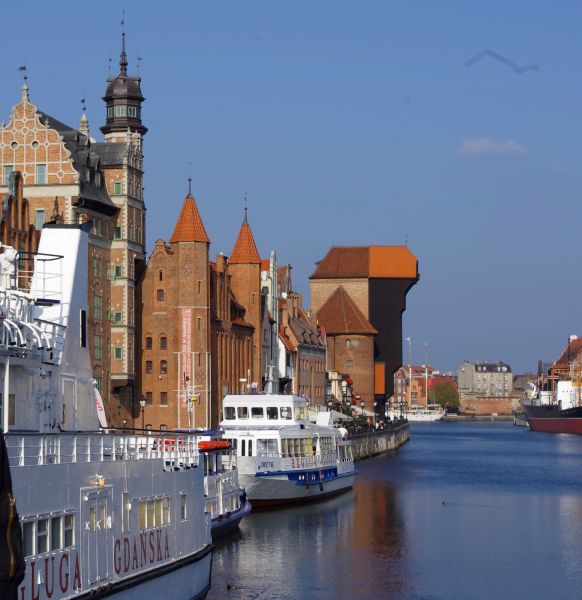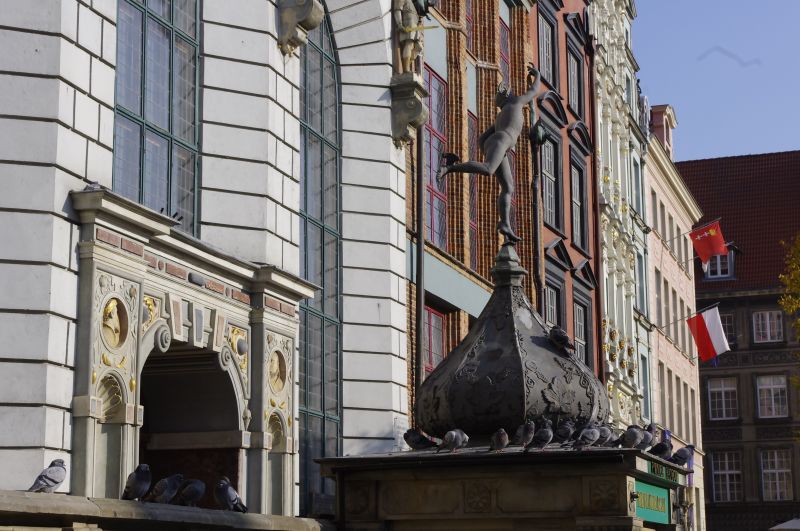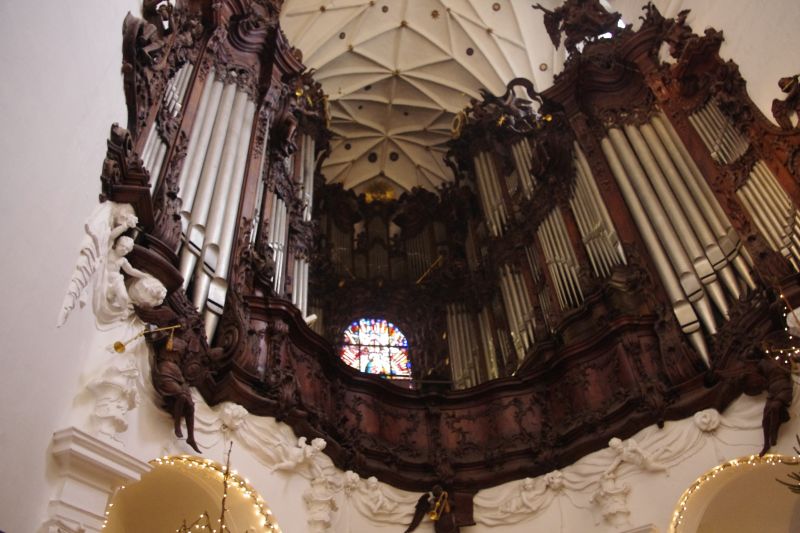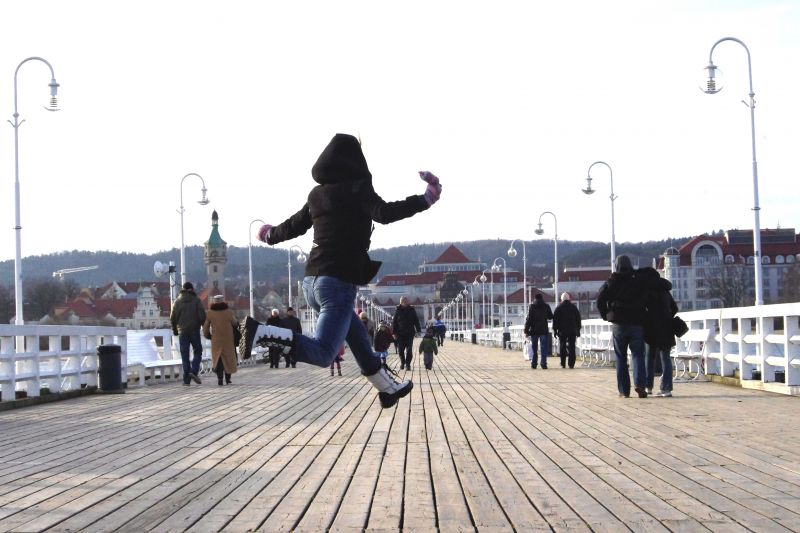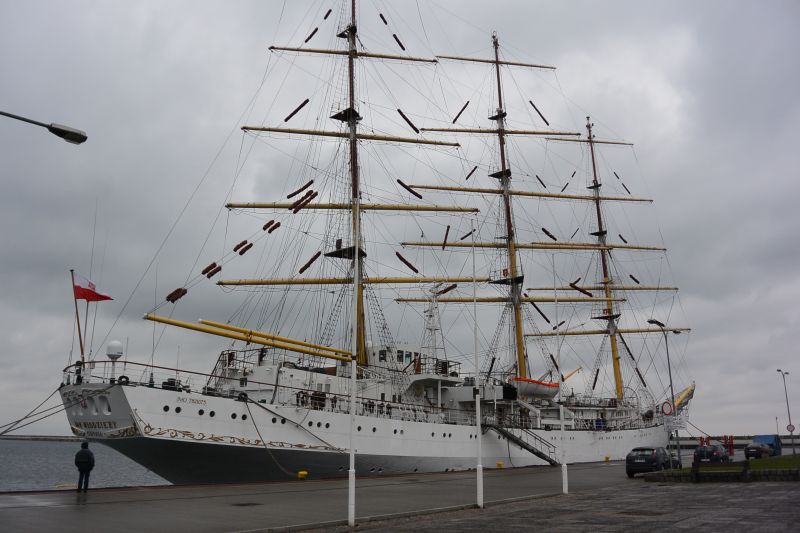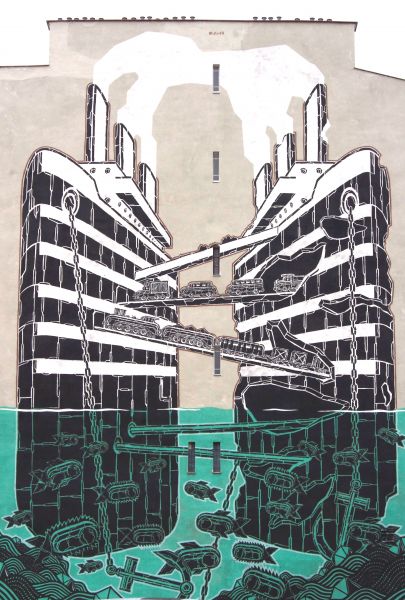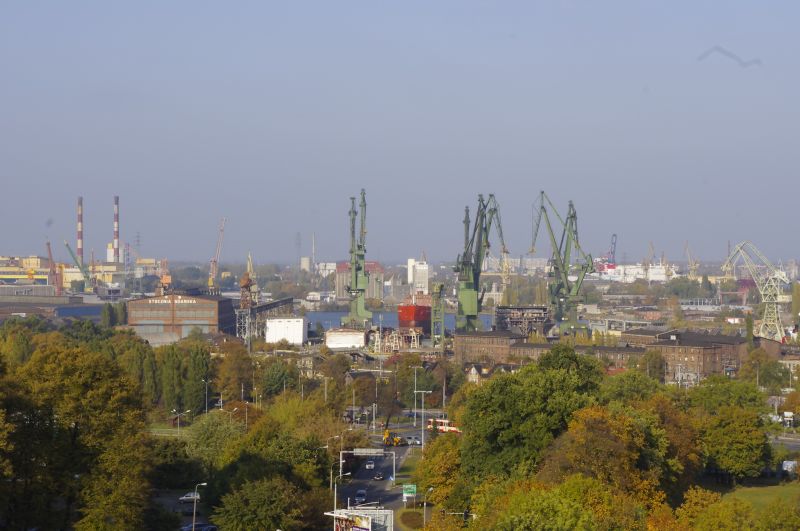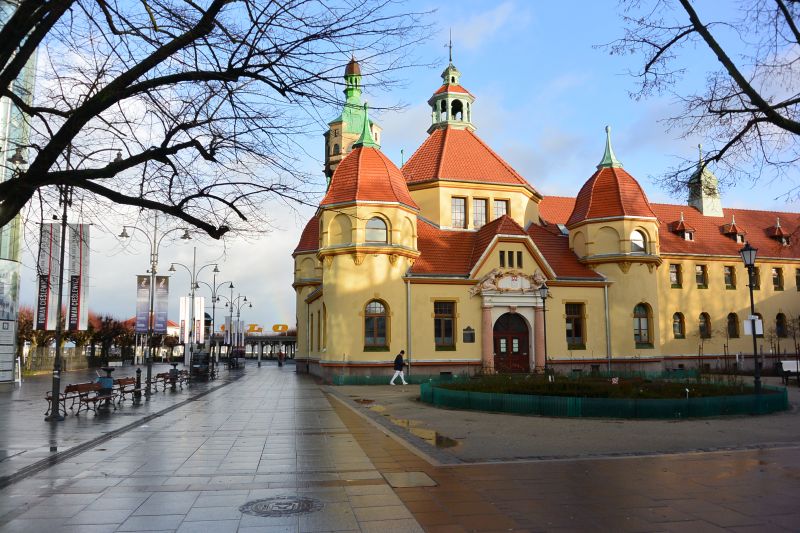Przyjazdy / Incoming
Why Gdańsk?
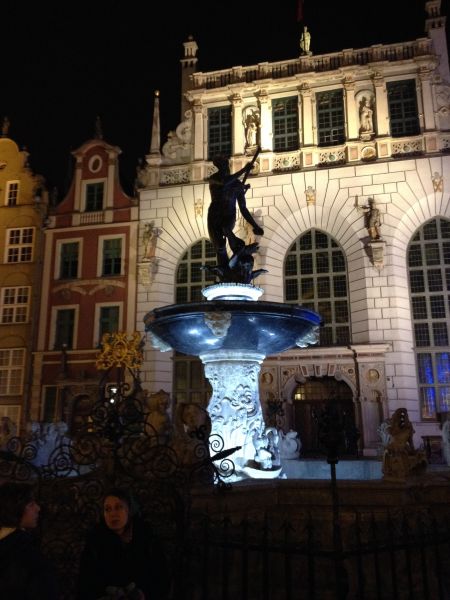
The University of Gdańsk (UG) is located on the Baltic Sea coast.The three cities that form the local conurbation stretched along the bay are: Gdańsk, Sopot and Gdynia. The UG is the largest institute of higher education in the Pomeranian region. There are 33 000 students in the eleven faculties, and over 1 700 faculty members.
Students coming to the University of Gdańsk may choose from a variety of courses offered by the Faculty of History which often include field trips, visits to the cities’ museums, archives, and libraries. In addition to the local archives (oldest manuscripts dating from 13th century, incunabula, over 64 000 volumes from the XVI-XVIII centuries at the Polish Academy of Sciences Library), and national museums (like e.g. National Maritime Museum in Gdańsk, or National Museum in Gdańsk) the newly formed institutions: The Museum of World War II, Emigration Museum and the European Solidarity Center – all located in the Tri-cities – offer challenging opportunities for your students to run their research project, or pursue their interests.
The Faculty of History
For complete listing of all academic teachers at the Faculty of History please visit our website.
The Structure
Four Institutes: History, Archeology, Anthropology, History of Art.
Bologna system: BA – three years (stage 1); MA – two years (stage 2); Ph.D. – four years (stage 3).
Minors/Majors Offered at the BA (1) and MA (2) levels
- History (1, 2)
- Archeology (1, 2)
- History of Art (1, 2)
- Historical Tourism (1, 2)
- German Studies (1)
- Religious Studies (1)
- Ethnology (1)
- Historical Game Design (1)
- Preservation of Cultural Heritage and Museum Studies (1)
Graduate (Doctoral) Program in History
The Ph.D. program takes four years to complete and culminates in a written dissertation and its defense.
During the first two years of study (four semesters) graduate students take classes and work on improving their research skills. Obligatory doctoral seminars last eight semesters (a total of 240 h). During the seminars students focus on their individual projects. Under the supervision of a promoter they go through various stages of the formation of the dissertation; such as formulation of the subject, design of the prospectus, determination of the direction of archival and library research, construction of the work, making a hypothesis and approving the final versions of the dissertation. In addition, students must teach at least 40 hours (Teaching Assistants) and publish articles in indexed professional journals.
A sampling of the research topics offered in the seminars are:
· “Poles on the fronts of World II”,
· “the Polish cause in the international arena in the years 1939-1945”,
· “socio- political movements in the second half of the 20th century”,
· “the anti-Communist opposition”,
· “genesis, the activity and the role of “Solidarity’”
· “ political transformation after 1989”.
Students in the program can depend upon the European Solidarity Center, the Museum of the Second World War, and the Institute of National Remembrance and their qualified staff for archival and research support.
Our Professors are well prepared linguistically to mentor foreign students. Faculty members in ancient, medieval, and modern history can speak English and German and those in 19th and 20th century history can speak English and Russian so knowledge of Polish is not a requirement for admission. However, students are encouraged and given the opportunity to study the Polish language as well.





